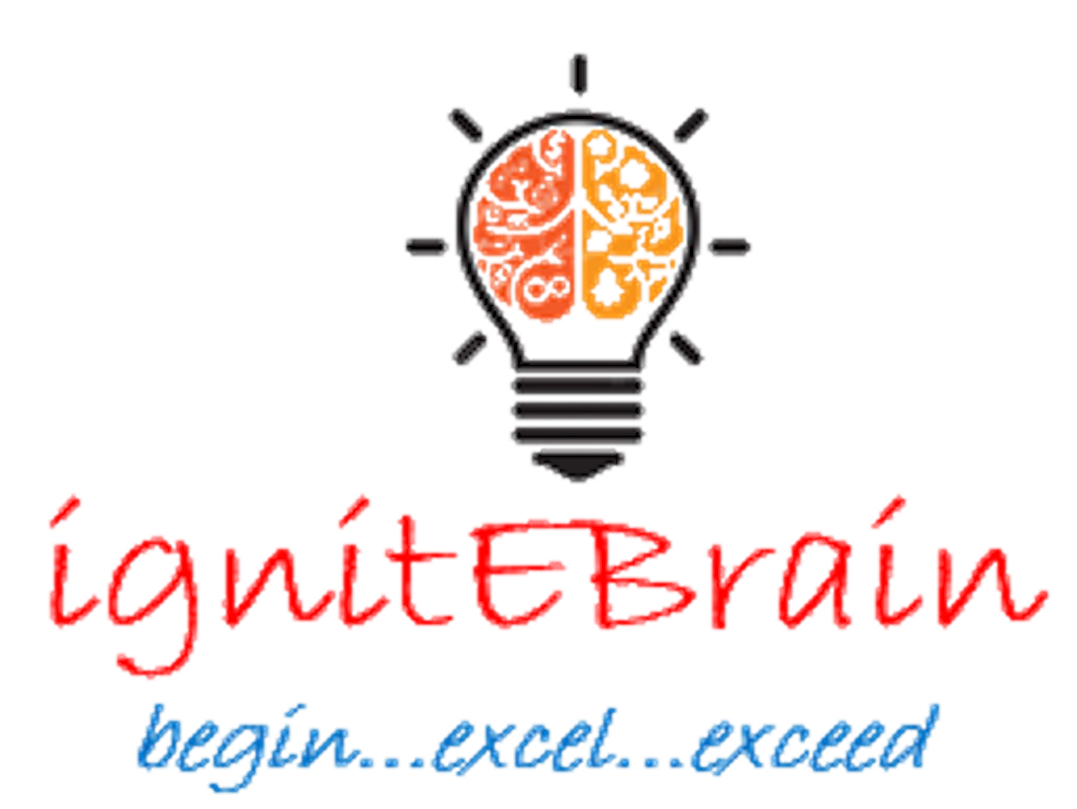1:1 Coaching Program (120 Days)
My personalized 1:1 coaching program is designed to empower and transform. Over 120 days, I guide you through powerful shifts in mindset, confidence, and emotional well-being. You also get two months of extra support at no additional cost, ensuring you have the tools to maintain your progress and thrive long after our sessions conclude.
Coaching Services
Each service is tailored to support your unique goals, from stress relief to personal growth. Sessions are offered online, allowing you the freedom to join from wherever you are.
Here’s a polished and emotionally engaging draft for your website content, incorporating your 120-day coaching package, consultation services, techniques, client journeys, and addressing misconceptions.
Consultation Services
If you’re seeking a lighter commitment, I offer consultation sessions for immediate support:
Single Session: ₹499
4-Session Package: ₹1,499 (prepaid)
8-Session Package: ₹2,999
Coaching Techniques
I use a blend of strategies and practices tailored to each client’s unique needs. Here’s how we’ll work together:
Common Misconceptions
“Hiring a life coach means I’m weak.” Life coaching isn’t about weakness; it’s a partnership focused on self-improvement and empowerment. Strong individuals seek growth, and a coach guides you toward your best self.
“If I don’t see results in 1-2 sessions, it’s not working.” True transformation is a journey, and lasting change requires time. Each session builds on the previous one, bringing gradual, meaningful progress.
“Life coaching is just about getting advice.” Coaching is more than advice; it’s a collaboration where we explore your challenges and guide you to find your own insights, strengths, and solutions.
“Life coaches impose strict routines.” My approach is flexible, designed to complement your life, not disrupt it. We work together to find strategies and routines that feel natural and sustainable for you.
FAQ
What is life coaching, and how is it different from therapy? Life coaching focuses on helping you achieve specific goals, build self-confidence, and manage stress by identifying actionable steps forward. It differs from therapy, which often explores past traumas and mental health issues.
How can life coaching help me build self-confidence? My coaching combines mindfulness, emotional healing, and actionable strategies to overcome self-doubt, embrace your strengths, and empower you to take bold steps toward your goals.
What should I expect during a coaching session? Each session is tailored to your needs. We’ll discuss your goals, challenges, and progress while using techniques like mindfulness, meditation, and affirmations to facilitate growth.

